Course No. 3323 | .MP4, AVC, 1372 kbps, 854×480 | English, AAC, 128 kbps, 2 Ch | 24×31 mins | + PDF Guidebook | 9.30 GB
Lecturer: Professor Dorsey Armstrong, Ph.D.
What is so important about the year 1215? There are some history buffs who may be able to tell you that 1215 is the year the Magna Carta was signed, but there are even fewer who know that King John of England’s acceptance of this charter was only one of four major, world-changing events of this significant year. In fact, the social, cultural, political, geographical, and religious shifts that occurred in this year alone had such a huge impact on the entire world, it warrants an entire course of study for anyone truly interested in the pivotal points of history that brought us to where we are now.
As it turns out, the year 1215 was a major turning point in world history. Although the drafting of the Magna Carta is perhaps the best-known event of 1215, anyone in Europe at the time would have told you the meeting of the Church’s Fourth Lateran Council was much more significant. Meanwhile, in Asia, a Mongol ruffian named Genghis Khan was embarking on a mission for world domination, highlighted by his success at the Battle of Beijing, while Islam was experiencing a Golden Age centered around Baghdad’s House of Wisdom. Other cultures and societies around the globe were also experiencing pivotal moments in their development—from the Americas to Africa and Asia and beyond.
These seismic events were only possible thanks to a confluence of global conditions, starting with the climate. Although we might not be familiar with the specifics, the ripple effect from these events can still be felt all over the world today. Years That Changed History: 1215 is a unique course, offering you the chance to delve into one of the most interesting periods in world history. Over 24 fast-paced lectures, Professor Dorsey Armstrong of Purdue University gives you the Big History of this surprisingly impactful year, introducing you to the people, events, and wide-ranging influences of the year 1215.
Among other fascinating discoveries, you will:
Investigate how climate changes affected the population of Europe.
Explore the circumstances for the Magna Carta, which originally had nothing to do with rights or liberty for everyday people.
Find out what a Lateran council is, why the fourth one mattered so much, and what happened at the earlier councils.
Tour the world beyond Europe to gain a true sense of global history.
This last point about “global history” is an important one. Most history courses have to select a theme, which by its nature limits the scope of the curriculum. In choosing a year as her theme, Professor Armstrong is able to take you around the world, from the ancient Maya to the House of Baghdad to Shogun Japan.Years That Changed History: 1215 takes the world as its theme—and what a truly captivating world it is!
Explore the Big History of a Little Year
Eight centuries ago, in the span of just 12 short months, the world witnessed a series of historic milestones—from the signing of the Magna Carta to the conquest of China by the Mongols—but history is only as interesting as the context that shapes it. What led to these events? How did they change the world? And why do they matter to us now? The historical approach known as Big History is one that gives context by widening the lens on singular events—and that’s exactly what Professor Armstrong does throughout this course.
To take one example, we think of the Magna Carta today as a powerful document. After all, it’s the Magna Carta—the “Great Charter”—and provides the foundation for English law and the subsequent drive for human rights and democracy. Doesn’t it?
Well, maybe. As you’ll learn early in the course, the Magna Carta was actually a document designed to appease a handful of aristocrats who had taken umbrage at King John. The king and 25 nobles gathered in a field at Runnymede, agreed on the terms laid out in this charter, and—supposedly—settled their differences. Three months later, King John had the pope annul the document, nearly reducing it to what could have been a mere footnote in history.
Of course, that’s not the only story—nor the end of the document. To give you a truly thorough look at the Magna Carta and its impact, Professor Armstrong takes you back to the Battle of Hastings and lays out the post-Conquest development of medieval English society. She then follows the story out of the Middle Ages, through the Early Modern period, and into the Enlightenment to show how the Magna Carta was resurrected, edited, and rewritten to suit the needs of future people over a long period of evolution.
Throughout this course, you’ll encounter event after event that seemed small on the surface—for instance, when Genghis Khan invaded modern-day Beijing, the locals quickly threw in the towel—but that had consequences that echoed through time. You’ll also take time to consider how it was that an uneducated, lower-caste man from the Mongolian steppes was able to become one of the best military strategists the world has ever seen—arguably a singular event in world history.
History Is a Story about People
Great events matter because of the impact they have on the human story, and this course takes you inside some of the most consequential events in world history. If you stepped back in time to 1215 and asked anyone in Europe what the most important event of the year was, everyone would likely answer the Fourth Lateran Council—the convening of Church leaders to hash out the finer points of theological debate.
Professor Armstrong takes you inside this massive gathering, analyzes the debates, and outlines the worldwide repercussions of the Council. Although seldom discussed today, one of the most monumental results of the Council was the elevation of marriage to the level of a sacrament. Other major consequences include attempts at curbing unlicensed religious figures (an attempt that mostly failed, as the appearance of the character of the Pardoner in Chaucer’s Canterbury Tales over a century later would attest), the doctrine of transubstantiation, and the celibacy of the priesthood.
Despite the seemingly clear-cut, linear way we often learn history, as you’ll discover, history is the result of messy human affairs and processes. To bring this material to life, Professor Armstrong introduces you to the people behind the headlines. For instance:
See why St. Francis of Assisi formed his own religious order.
Find out what insights Hildegard of Bingen, Héloïse, and Eleanor of Aquitaine give us about women in the medieval world.
Meet Avicenna, Averroës, Saladin, and other figures critical to intellectual life in the Islamic Golden Age.
Delve into the players and tensions surrounding the Great Schism of 1054, and the relationship between Rome and Constantinople in 1215.
As you travel around the world during this year, you’ll also explore the culture of the Samurai in Japan, unpack the Catholic Church’s rationale for the Crusades, dive into the weird world of the Icelandic Saga, and so much more.
One of the most fascinating stories you will encounter is that of the Mongols. Because so many of us have experienced history taught from the Western perspective, you were likely led to think of the Mongols as bloodthirsty barbarians who sacked great cities and wreaked havoc on the world. The truth, however, is much more complicated—and more interesting. Professor Armstrong takes you into the Mongolian Empire and shows you how Mongol leaders actually strove to take care of their conquered territories.
Travel the World in 1215
People are indeed at the heart of this powerful history, and Professor Armstrong brings her trademark depth and passion to this truly historic moment across the globe. Leave Europe to explore life in the Pueblo, Inca, and Maya communities in the Americas. Then head to Africa to survey empires in modern-day Ethiopia, Mali, and Zimbabwe—and even travel to the real city of Timbuktu.
The world of 1215 was not connected like it is today, but in surveying so many corners of the globe, you will see common themes that connect us all. Years That Changed History: 1215 is, ultimately, not about a year—but about people.
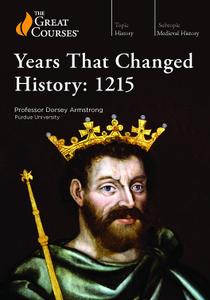
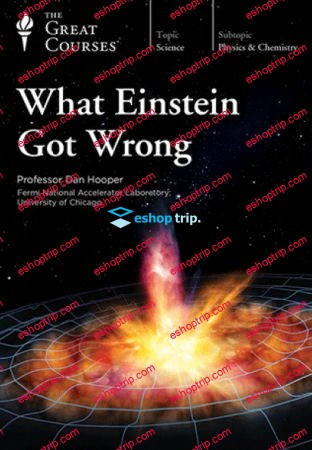
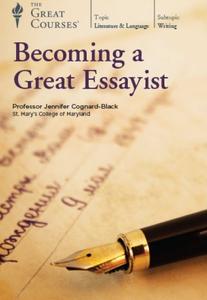
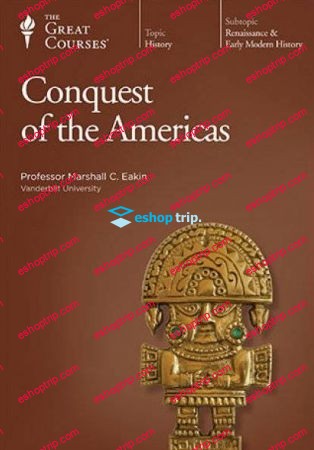
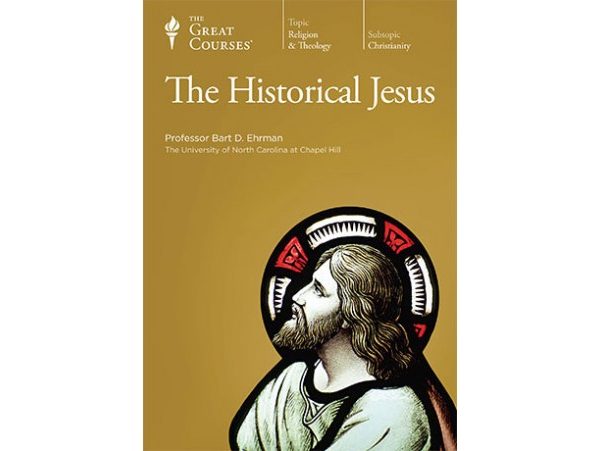
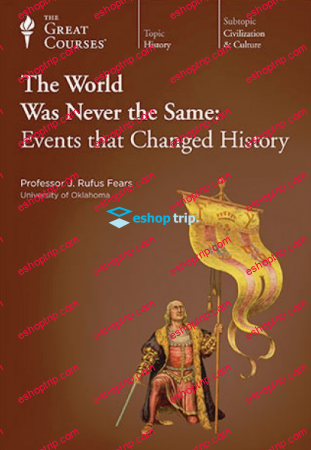
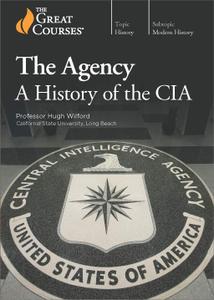
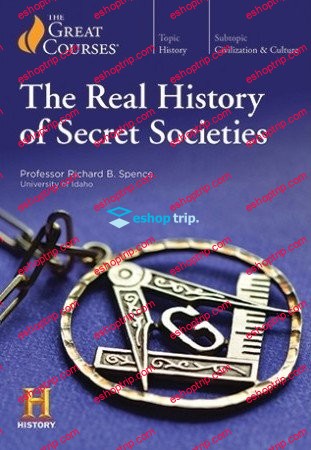
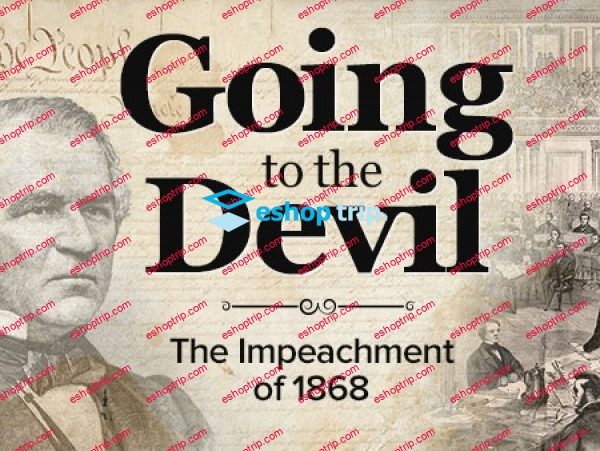
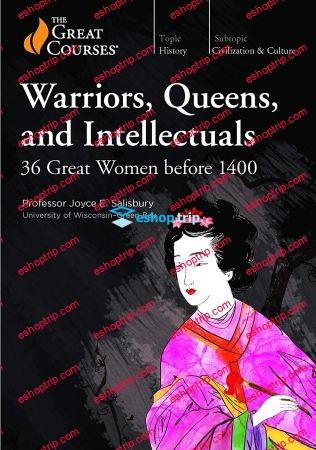
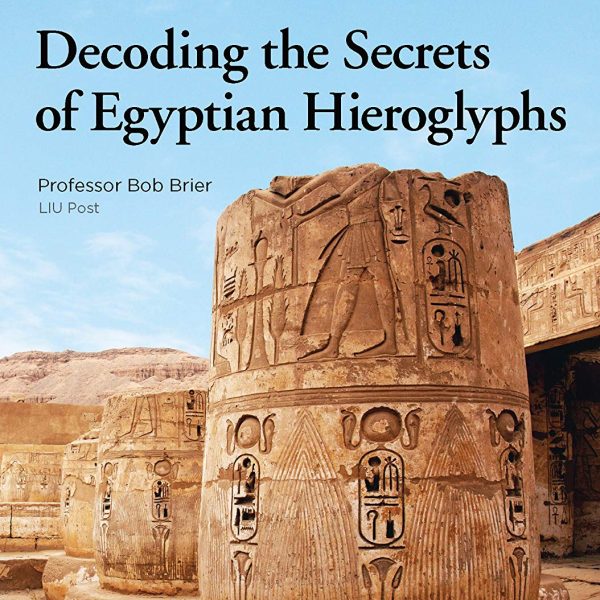
Reviews
There are no reviews yet.